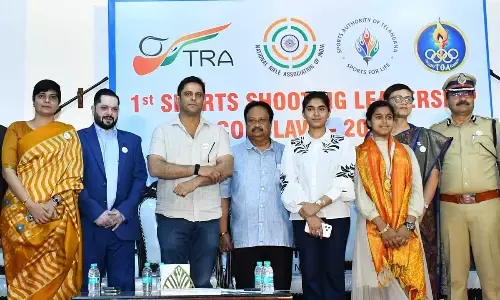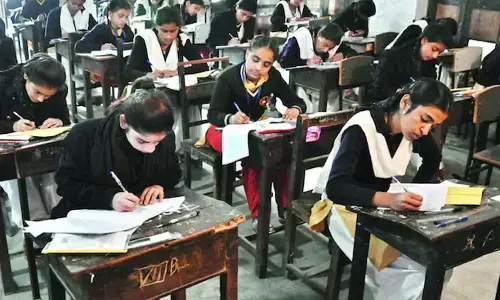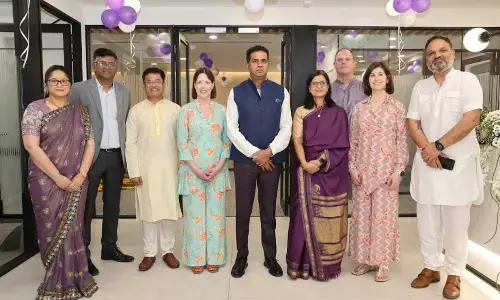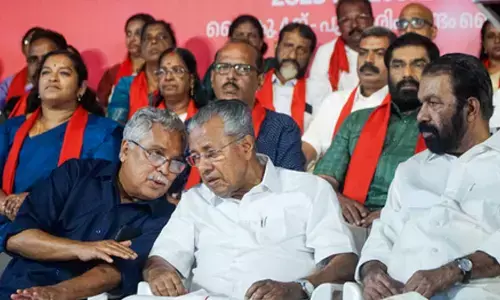Decoding antimicrobial resistance challenges and solutions for LMICs

Hyderabad/New Delhi: One of the most difficult aspects of public health—antimicrobial resistance—is a growing threat to global public health and is growing at an alarming pace, perhaps more rapidly in the developing countries. Without efficient antimicrobials, even the most common and usually curable infections become difficult to treat, leading to life-threatening diseases.
Against this backdrop, the Indian School of Business (ISB), in collaboration with the Centre for Global Development (CGD), hosted a one-day event, "Policies and Interventions to Improve Access to Next-Generation Antimicrobials in Low and Middle-Income Countries: India Case Study," at the India Habitat Centre on Tuesday. Over 20 speakers and academics discussed the antimicrobial landscape, including issues around access, innovation, and stewardship in low- and middle-income countries (LMICs). The event drew on insights from a new study, "Policies & Interventions to Improve Access to Next-Generation Antimicrobials in Low- and Middle-Income Countries: India Case Study" by ISB Max Institute of Healthcare Management and CGD, which assessed the current situation of AMR in India, evaluated the scope of the National Action Plan on AMR, and put forward policy recommendations for India.
Keynote speaker Dr Kamini Walia, scientist 'F', Division of Epidemiology and Communicable Diseases, Indian Council of Medical Research, said, "While multiple factors like high consumption, easy availability of antibiotics are driving AMR, poor risk perception of long-term consequences is a critical factor. ICMR has multiple programmes on stewardship that they are trying to integrate. Having better diagnostic facilities, improving education and awareness at all levels, and strengthening the research and development for new drugs is the way to go forward."
While setting the context for the event and emphasising the need to mitigate the challenges of AMR, Dr Javier Guzman, director, Global Health Policy Programme and senior policy fellow at CGD, remarked, "India has a unique opportunity to lead the rest of the world in the fight against antimicrobial resistance. New procurement systems are needed to balance any increase in access to antibiotics with enhanced stewardship, to help improve health and stop AMR in its tracks."
The panel discussions ranged from antimicrobial stewardship to streamlining access to them, new models for procurement of antibiotics, and strengthening antimicrobial innovation in India. Eminent panelists included Dr Sangeeta Sharma (DSPRUD), Dr Nusrat Shafiq (PGIMER), Sharad Goswami (Pfizer), Prof. Sarang Deo (ISB), Dr Atul Kochhar (NABH), Dr Rajiv Desai (IPA) and Prof. Y K Gupta (GARDP), among others.
The principal investigator of the study, Prof. Sarang Deo, executive director, ISB Max Institute of Healthcare Management and Professor & Area Leader of Operations Management at ISB in his closing remarks said "India has taken the right initial steps to tackle AMR - strong surveillance network, national and some State action plans.









